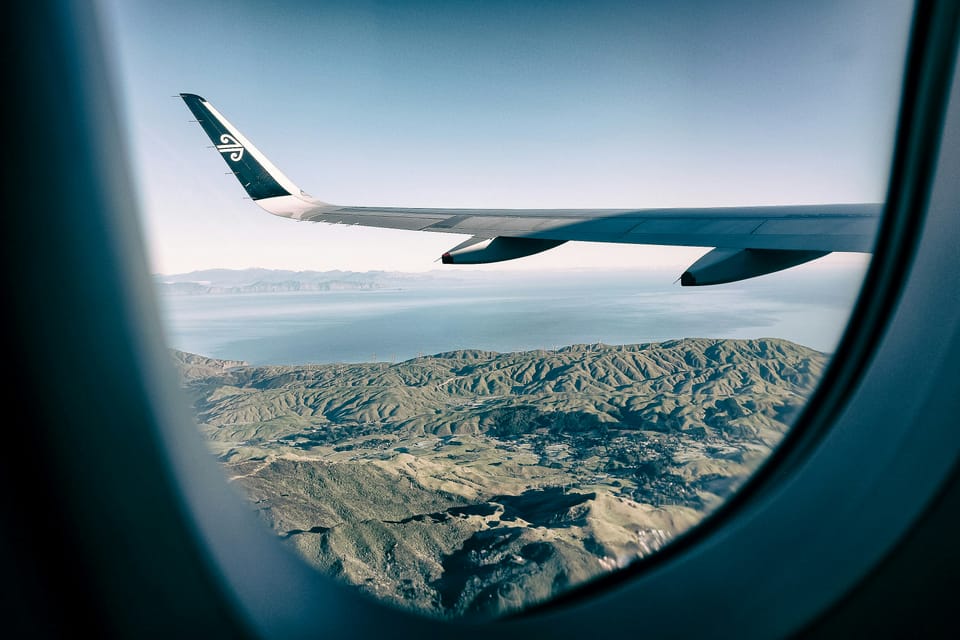Air New Zealand announces largest SAF purchase to date

Air New Zealand has purchased 30 million litres of sustainable aviation fuel (SAF) from Neste – its largest transaction to date.
With this single purchase, Air New Zealand will replace 1.6% of its total jet fuel supply in 2025 with sustainable fuel – four times the percentage achieved in 2024.
"1.6% is still a very small proportion of our total fuel use, but it's four times more than we carried last year, so I am thrilled with the trajectory. Like all airlines, we urgently need to move away from our high reliance on fossil fuels as quickly as we can. Securing year-on-year higher volumes of SAF is critical," said the airline’s Chief Sustainability and Corporate Affairs Officer, Kiri Hannifin.
More supportive SAF policies needed
In July, Air New Zealand dropped its 2030 GHG emissions intensity reduction target and withdrew from the Science-Based Targets Initiative due to aircraft availability issues and sustainable aviation fuel supply restrictions.
Welcoming the global SAF policy and production momentum, particularly in the Asia-Pacific region, Hannifin warned that more needs to be done in the airline’s own country. "While we are doing what we can at a global and industry level, we also need supporting SAF policy in New Zealand which may also pave the way for domestic production. We are seeing more and more governments overseas moving to enact low-carbon aviation policies to support their economies, so we'd love to see similar support here to ensure New Zealand isn't left behind in the move to lower emissions fuels," she said.
Air New Zealand targets 10% SAF by 2030
The company is aiming to substitute 10% of its jet fuel with SAF by the end of the decade, and has conducted feasibility studies to understand if some of it could be produced from New Zealand’s own biomass waste.
"We are delighted that it can be. We're pulling every lever available to us because sitting on our hands is not an option. The climate crisis is worsening, and we are responsible for changing the course of action to protect our natural environment for future generations,” Hannifin said.
Biofuel-based SAF
The SAF in question is manufactured by Neste in a Singapore plant, using waste and residue raw materials such as animal fat waste and used cooking oil – this type of biofuel-based SAF currently makes up about 80% of the market.
It will be used on Air New Zealand flights departing from Los Angeles and San Francisco airports over the course of 2025.
The International Air Transport Association (IATA) recently estimated that sustainable aviation fuel production doubled in 2024, reaching 1 million tonnes – but this is far below predictions.
IATA and others have called for more supportive policies around SAF, warning that the aviation industry is currently not on track to achieve net zero emissions by 2050.







Member discussion